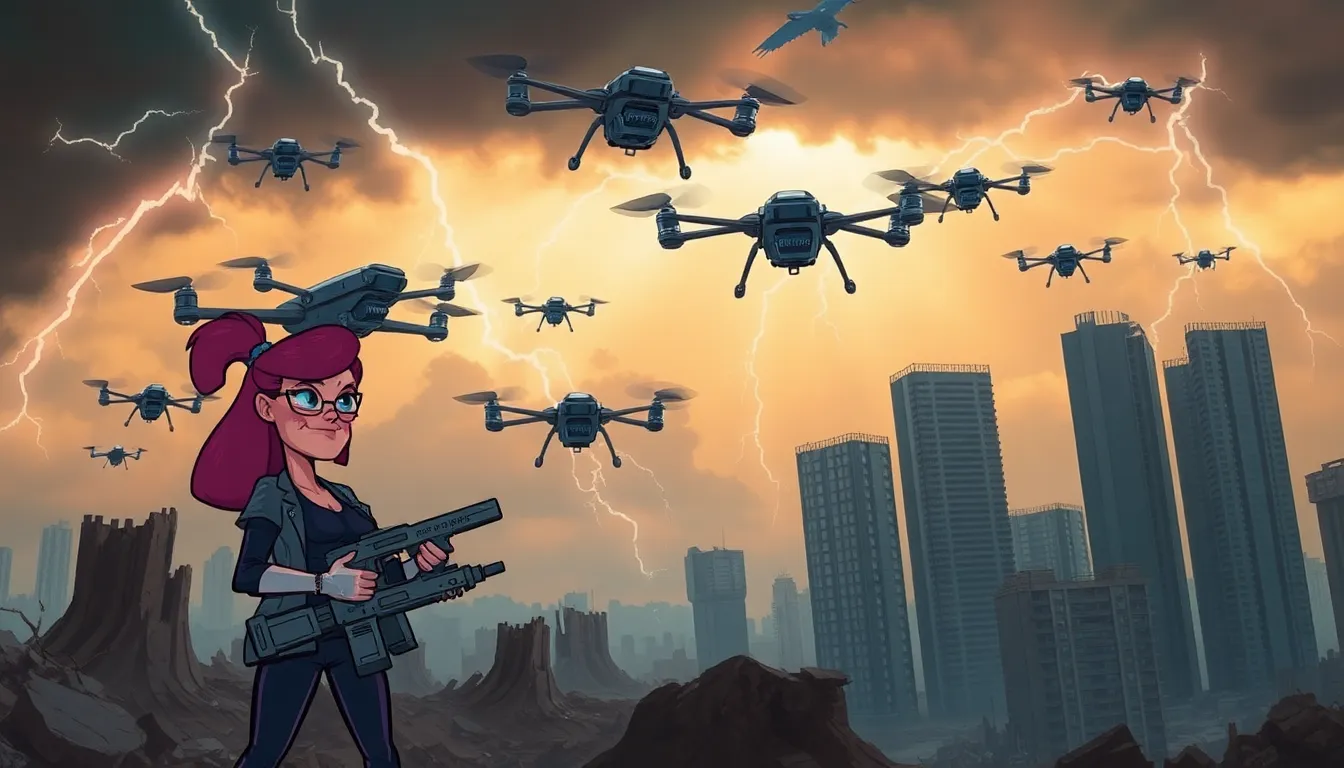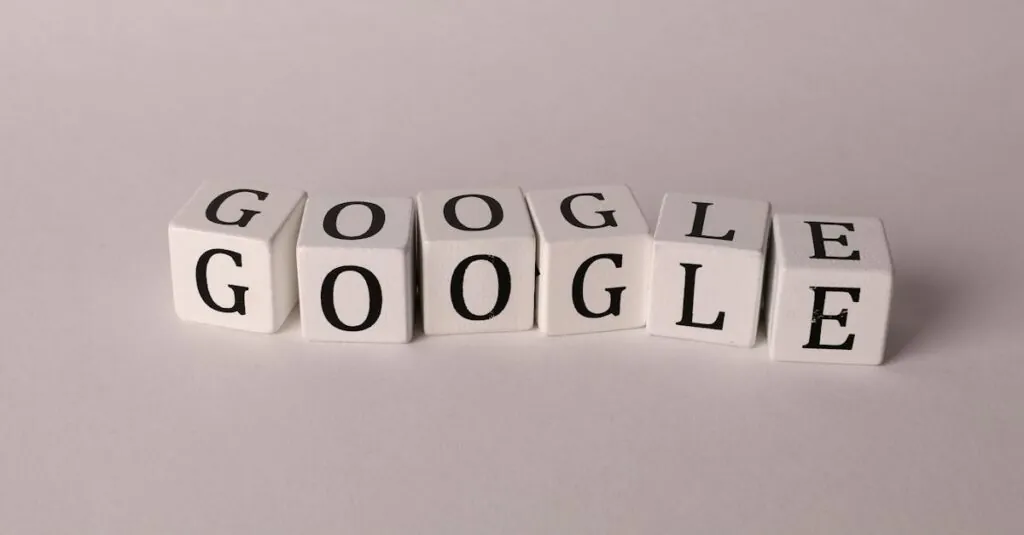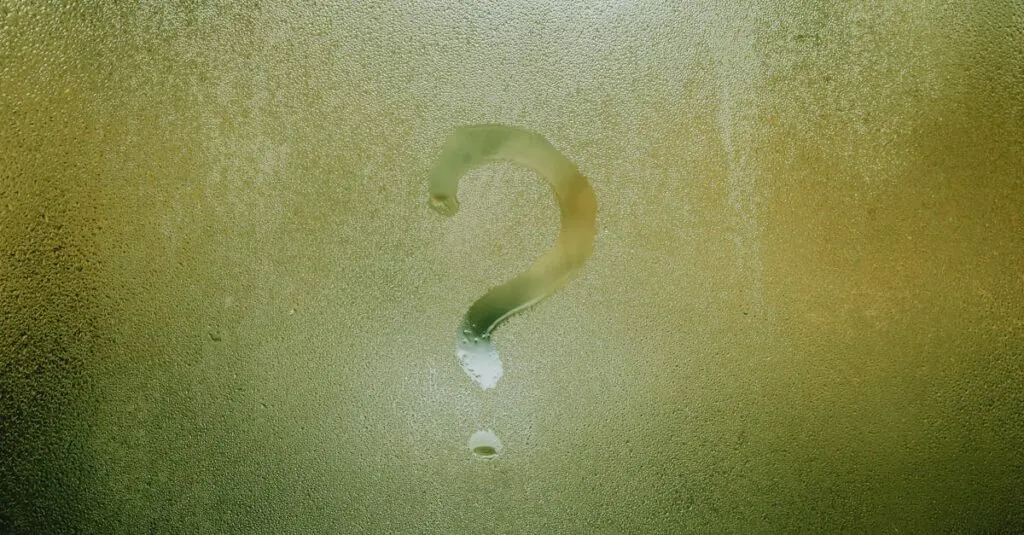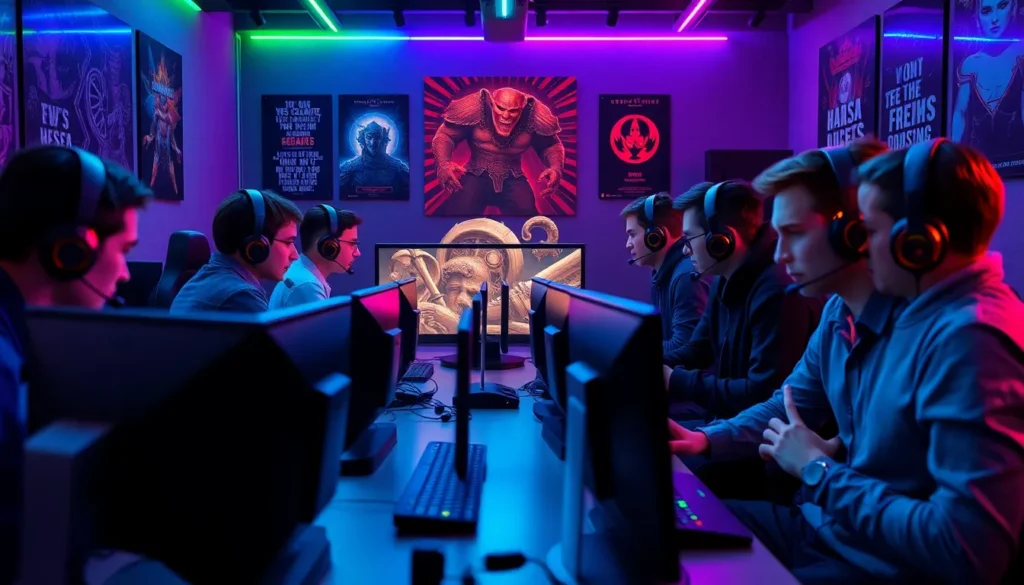When one thinks of the term ‘murder drones,’ it conjures up a mix of sci-fi chills and dark humor, doesn’t it? In a world where artificial intelligence reigns and metal machines take to the skies, the character of Lizzy in the hit series ‘Murder Drones’ adds layers of intrigue and complexity. How does she navigate a landscape rife with peril, mechanical mayhem, and existential dilemmas? Join us as we unpack this electrifying topic with a careful eye on the gruesome, the humorous, and everything in between.
Table of Contents
ToggleUnderstanding Murder Drones: An Overview

The universe of “Murder Drones” takes a darkly humorous approach to the concept of drone technology. Set in a dystopian future, the series explores the implications of lethal robotics, wrapped in a satirical package that makes for gripping storytelling. At its core, the series highlights the absurdity and dangers of technology when it’s exploited to the extreme.
Audiences are introduced to a society where drones, initially designed for convenience, are now agents of chaos. The lethal drones embody both grotesque humor and chilling reality, prompting viewers to question: how far can technology be pushed before it becomes a menace? It’s this premise that plants the seed for engaging narratives that interweave action, existentialism, and dark comedy.
The Character of Lizzy in Murder Drones
At the heart of “Murder Drones” sits Lizzy, a character that stands out amid pulsing machinations of metal and menace. Even though her initial portrayal as a drone operator with a sinister side, layers of depth reveal Lizzy as both a tragic figure and a resilient protagonist.
Her journey is paved with conflict: she wrestles with her programmed directives while seeking autonomy. Unlike other drones that embrace their roles as merciless hunters, Lizzy’s struggles elicit empathy, making her relatable.
In contrast to the relentless bloodshed that unfolds, her story adds a refreshing touch of humanity. Through Lizzy, viewers experience a complex emotional landscape, marked by choices that blur the lines between right and wrong. Her character challenges the viewer to consider whether she is merely a product of her programming or a deeply flawed individual seeking purpose.
Themes and Motifs Present in Murder Drones
“Murder Drones” doesn’t shy away from themes of power, control, and the dual-edged sword of technological advancement. Existentialism is a prevailing motif, as characters grapple with their identities amidst chaos.
Power dynamics play out not only between humans and drones, but also within the drone hierarchy itself. Lizzy, representing a bridge between both worlds, illustrates the struggles against oppressive systems.
Humor stands as another significant motif, allowing the series to explore dark themes while still engaging the audience. This juxtaposition creates a unique viewing experience, making the harrowing absurdities feel strangely relatable. With each episode, the narrative forces viewers to reconsider their relationship with technology while maintaining a healthy dose of humor.
The Role of Technology in the Narrative
To say technology is integral to “Murder Drones” would be an understatement. The show is not just a terrifying exploration of mechanical monstrosities: it also serves as a cautionary tale about the unchecked advancement of AI and robotics. From its state-of-the-art graphics to the intricate designs of the drones, technology amplifies the storytelling.
Drones in the series depict eerie reflections of humanity, armed with intelligence yet devoid of empathy. Their design portrays not just malice but also a stark commentary on how humans can become enslaved by their creations. This technology isn’t merely a backdrop: it’s a device that drives the narrative, encouraging viewers to ponder the implications of an over-reliance on machinery.
With Lizzy navigating perilous technologies, the series demands that viewers confront their own relationship with progress. It raises the question: are we ready for a future where our creations decide our fate?
Audience Reception and Impact
Initial reception of “Murder Drones” has been surprisingly positive, capturing a niche audience that appreciates its blend of humor and horror. Viewers are drawn to Lizzy and her multifaceted journey, which resonates with broader themes of empowerment and resistance against oppressive forces.
Social media buzz has contributed to its growth, with fans engaging in discussions about the moral dilemmas presented in the series. Memes proliferate, showcasing the humor imbued in the chaos, while fan theories delving into Lizzy’s character arc escalate interest. The conversations surrounding the impact of automated technologies have also created a dialogue that extends beyond the screen, prompting reflections on current societal trends.
In essence, “Murder Drones” doesn’t merely entertain: it invites viewers to critically analyze the world around them, making it a cultural phenomenon that extends into real-world implications.
Future Prospects for the Murder Drones Franchise
The horizon looks promising for the “Murder Drones” franchise, as its blend of unique storytelling and multidimensional characters has laid the groundwork for expansion. With viewers eagerly anticipating more from Lizzy and her world, there’s room for numerous spin-offs and deeper explorations of the narrative universe.
Potential explorations could investigate into other drone narratives or even alternate timelines. The universe holds endless possibilities, and fans are hungry for more.
As the landscape for animated series continues to grow, “Murder Drones” stands out as a fresh commentary on human-tech relationships. Anticipation builds: will Lizzy continue her fight for autonomy in a tech-dominated world? Only time will tell, but if early signs are any indication, this franchise is poised for success.





